Faustin Ndikumana, head of PARCEM, a prominent Burundian civil society organization, has strongly rejected recent remarks by Prime Minister Nestor Ntahontuye questioning the contribution of civil society groups to the country’s economic development.
Speaking at a press conference on Tuesday, Ndikumana argued that civil society’s mission is not farming, but rather policy advocacy and oversight. The briefing was organized in the context of discussions on the agricultural sector and its role in boosting exports.
“We did not create PARCEM to go into farming,” Ndikumana said. “PARCEM’s money is not for agriculture. If I decide to cultivate, it’s a personal choice—no one can force me.”
His comments came in direct response to Ntahontuye, who had singled out Ndikumana during a recent debate on macroeconomic stability and strategies to strengthen the national economy. The Prime Minister questioned the tangible economic role of civil society leaders, asking whether they had invested in coffee farming or established agro-processing companies.
“I follow him [Ndikumana], and he contributes a lot,” Ntahontuye said. “But at the economic level, I know they have resources. How many hectares of coffee do you own? How many companies have you created to process our agricultural products? We need civil society to lead by example, not just to speak.”
Ndikumana, however, dismissed the suggestion that organizations like PARCEM should be judged by their agricultural investments.
“Farming is not my profession. Those responsible for it will do it. Work is divided, and nobody can force me to farm,” he said. “Even if I were to cultivate, I wouldn’t have to report it to anyone. If I farm my land, should I call a minister to inform them? That is not how it works.”

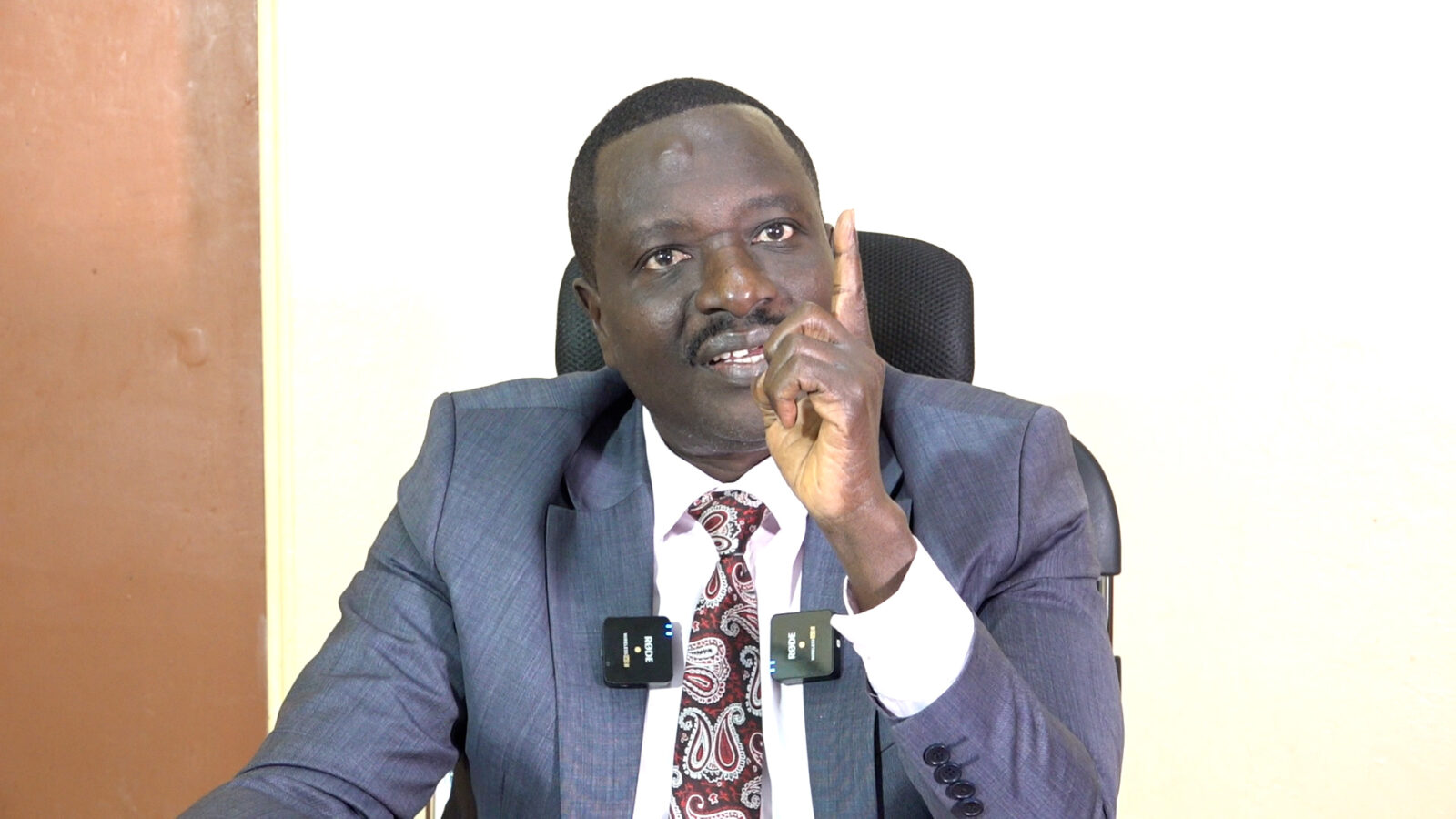


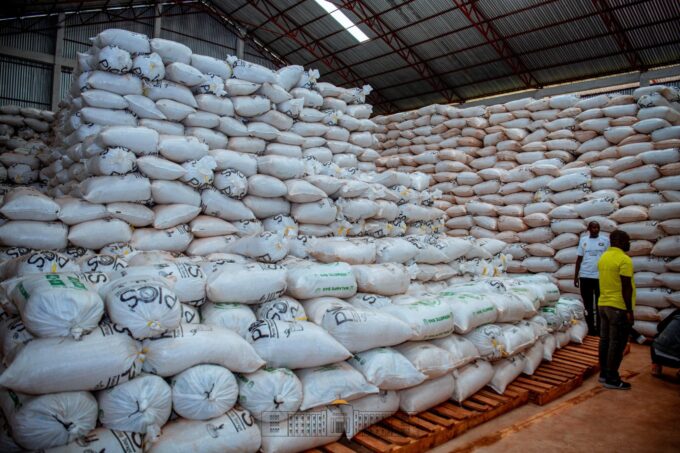
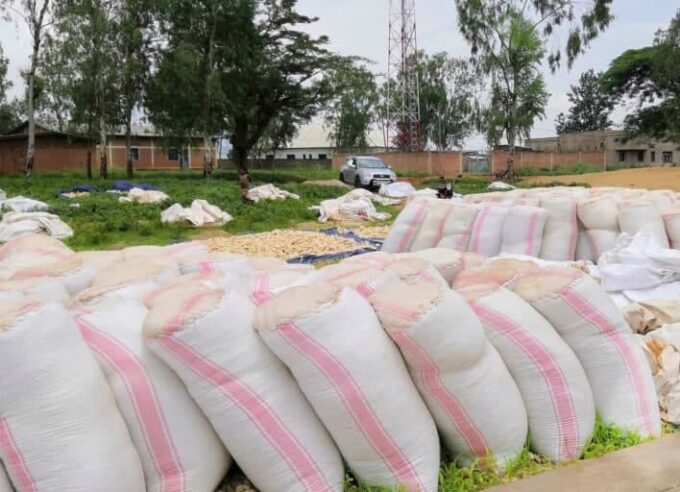
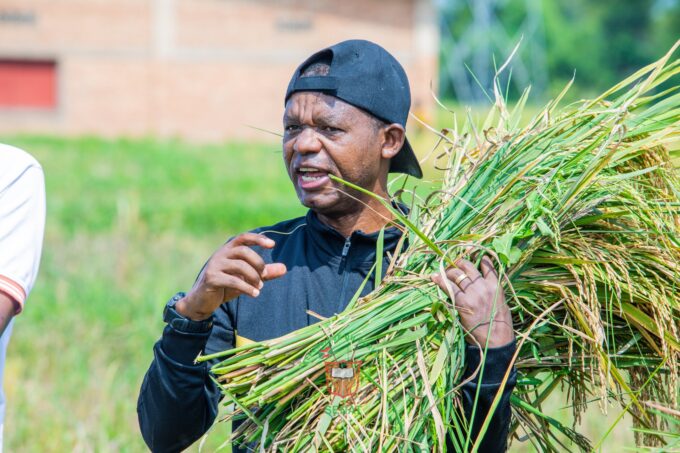
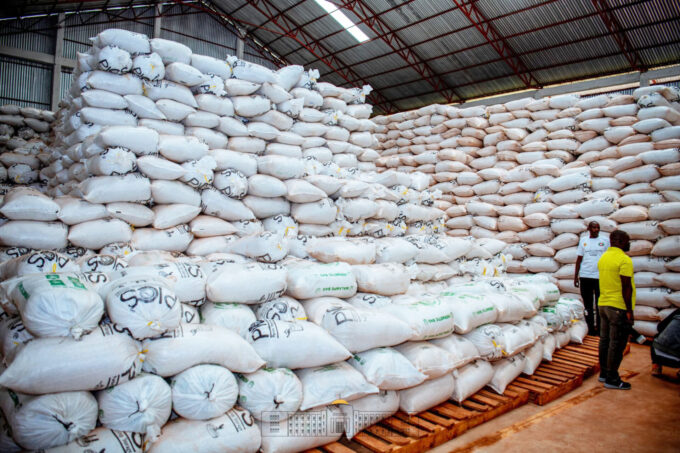
Leave a comment